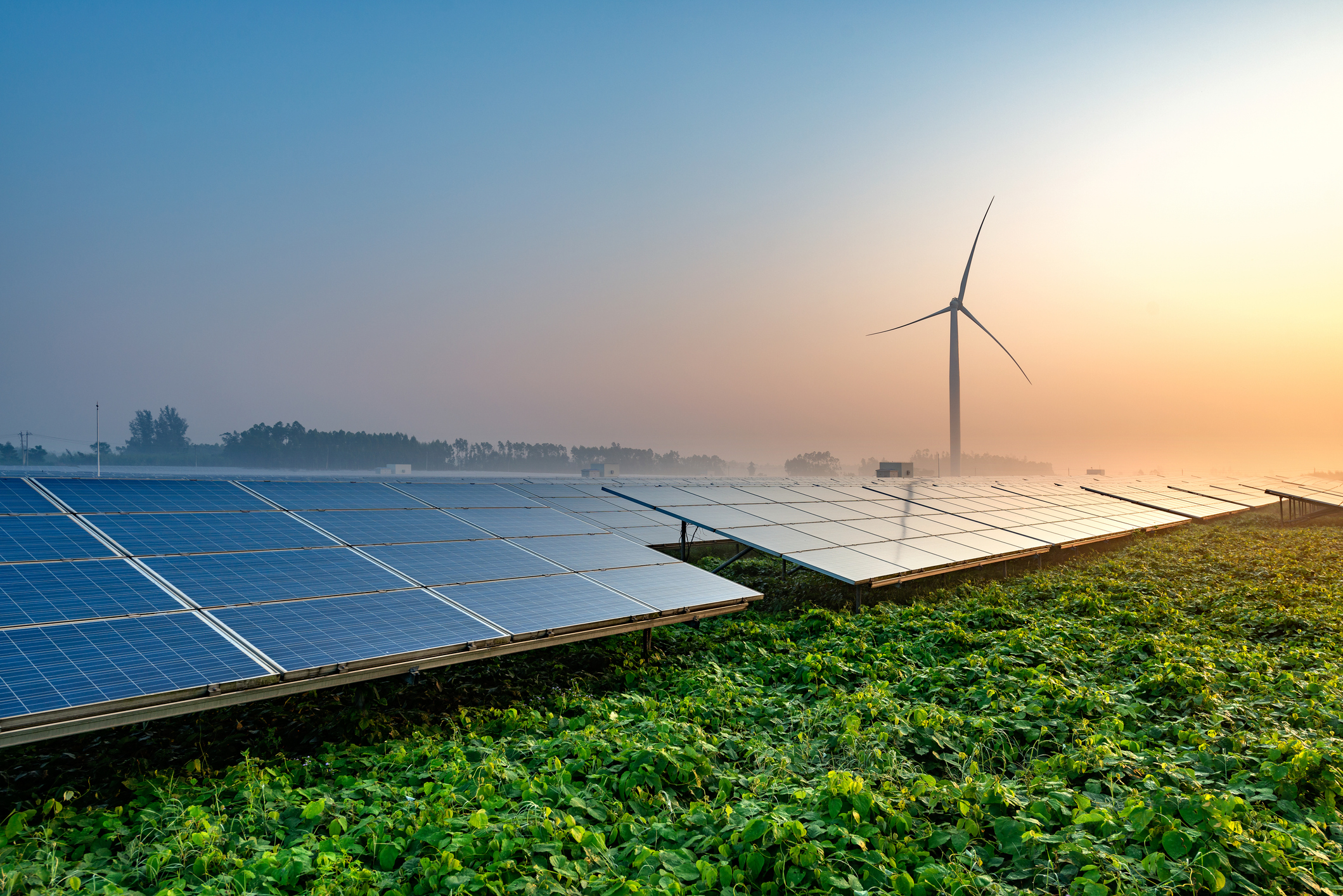NSW to Lead Development of National Solar Panel Recycling Scheme

Australia is preparing to establish its first nationwide product stewardship program for solar panels, with New South Wales (NSW) taking the lead in drafting a regulatory framework. According to a ministerial media release and multiple industry reports, energy ministers from the Commonwealth, states and territories reached an agreement during last week’s Energy and Climate Change Ministerial Council in Sydney to progress work on the initiative.
Government projections cited in the release indicate that Australia’s annual solar panel waste could almost double within five years, increasing from around 59,000 tonnes in 2025 to more than 91,000 tonnes by 2030. The growth is expected to be most visible in metropolitan areas with widespread rooftop systems, while large-scale solar facilities in regional areas are likely to contribute significantly after 2030.
According to the NSW Government, more than 95% of a solar panel can be recycled, containing valuable materials such as aluminium, copper, glass, silver, and silicon. The Smart Energy Council estimated that around one-third of discarded panels could be refurbished and re-used, potentially adding up to 24 gigawatts of clean energy by 2040—enough to power six million Australian households annually.
NSW Minister for Energy and the Environment Penny Sharpe was quoted as saying that the state is “proud to be leading” efforts to develop a unified national approach to solar panel recycling, building on earlier reforms in battery stewardship.
Smart Energy Council CEO John Grimes said that the industry has been warning about solar waste for over a decade: “Four million panels are coming off roofs each year, with less than 5% being recycled.” He welcomed the renewed government focus on stewardship and called for an immediate pilot program to inform the forthcoming Regulatory Impact Statement.
The Australian Manufacturing Workers’ Union also expressed support. Its NSW/ACT Secretary Brad Pidgeon emphasized that establishing a local recycling and remanufacturing system would generate jobs and retain valuable materials within the country.
Analysts note that Australia’s rapid solar adoption—now covering more than one-third of homes—has delivered major climate and cost benefits but has also created a looming waste issue. A mandatory stewardship scheme, if implemented, could reduce landfill pressures, spur domestic recycling industries, and support sovereign supply chains for renewable energy materials.
In parallel, the Commonwealth government is funding research through the Australian Renewable Energy Agency (ARENA) to advance low-cost recycling technologies, aiming to make solar panel recycling more affordable and commercially viable for industry participants.
According to the NSW Government, a draft Regulatory Impact Statement will be prepared in collaboration with other jurisdictions in the coming months. Industry observers say this could mark a turning point in ensuring Australia’s renewable energy transition is both environmentally and economically sustainable.
Source: NSW Government






